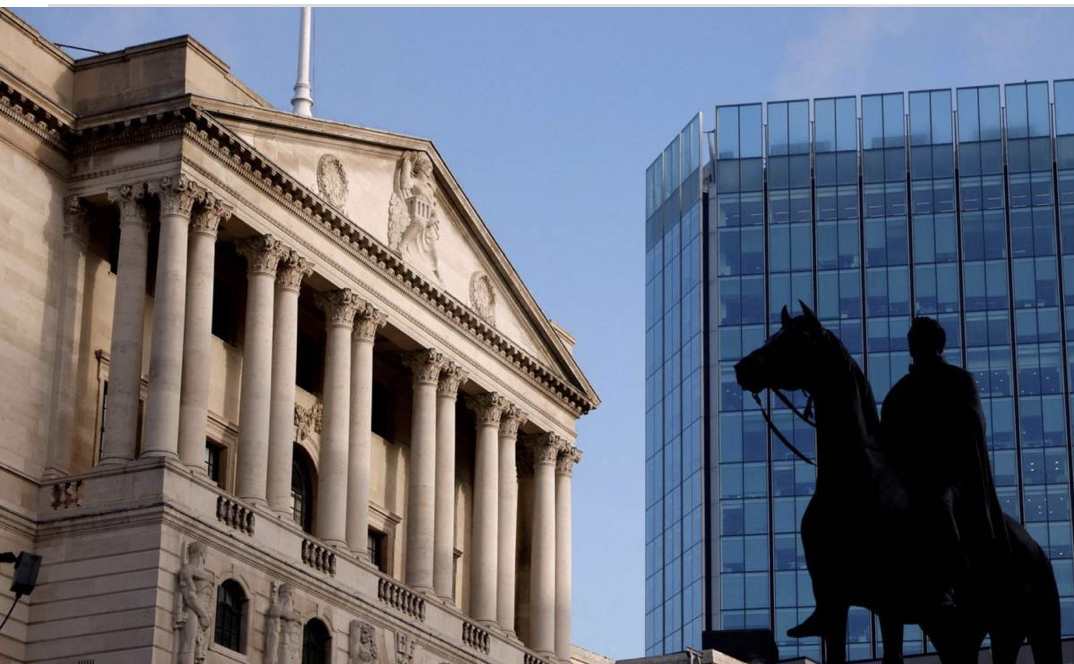Bank of England Raises Interest Rates to Highest Level in 15 Years, Aims to Tackle Inflation

In a move to address rising inflation, the Bank of England has announced its 12th consecutive interest rate hike, raising rates from 4.25% to 4.5%. This increase marks the highest level in almost 15 years and will have implications for mortgage and loan costs, while also presenting an opportunity for higher returns on savings for some individuals.
The decision comes as the Bank’s Governor, Andrew Bailey, expressed confidence in the UK’s economic outlook, stating that a recession is no longer expected. However, Bailey acknowledged the challenges posed by high inflation, particularly driven by soaring energy costs, which have significantly impacted the cost of living for many individuals.
One key aspect of the Bank’s strategy to curb inflation is the gradual increase in interest rates. By raising rates, the Bank aims to slow down spending and borrowing, thereby dampening the demand that contributes to rising prices. While this move may lead to higher borrowing costs for individuals with mortgages and loans, it offers an opportunity for savers to earn more on their deposits.
In addition to the interest rate hike, Governor Bailey provided an update on energy prices. He stated that average energy costs are expected to decrease to £2,100 by the end of the year. This projection offers a glimmer of relief for households burdened by the surging energy prices experienced recently.
The Bank of England’s sustained efforts to combat inflation reflect its commitment to maintaining price stability and economic resilience. However, the rate hikes and other measures implemented are not without their impact on households and businesses. The Bank aims to strike a delicate balance between addressing inflationary pressures and ensuring the overall stability and growth of the economy.
The recent interest rate increase serves as a reminder for individuals and businesses to review their financial plans and adjust accordingly. It is crucial to assess the potential impact on mortgage repayments, loan costs, and savings returns, while also considering the broader implications for personal and business finances.
As the Bank of England continues to monitor economic indicators and inflationary pressures, future decisions regarding interest rates will depend on the evolving circumstances and the need to maintain a stable and sustainable economic environment.



















Facebook Comments